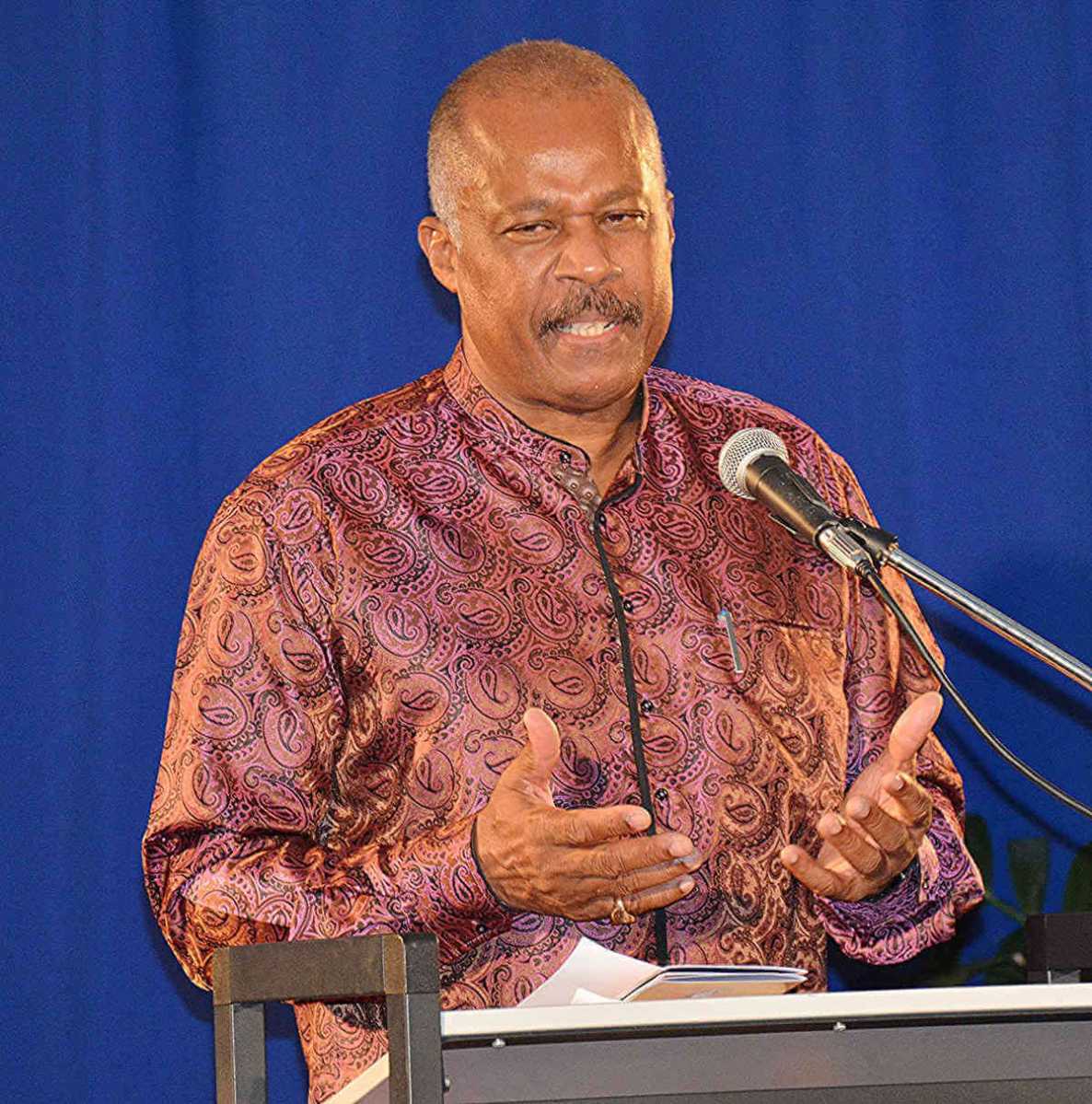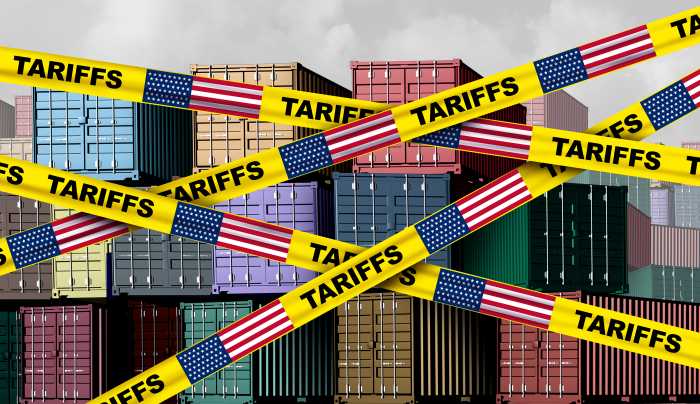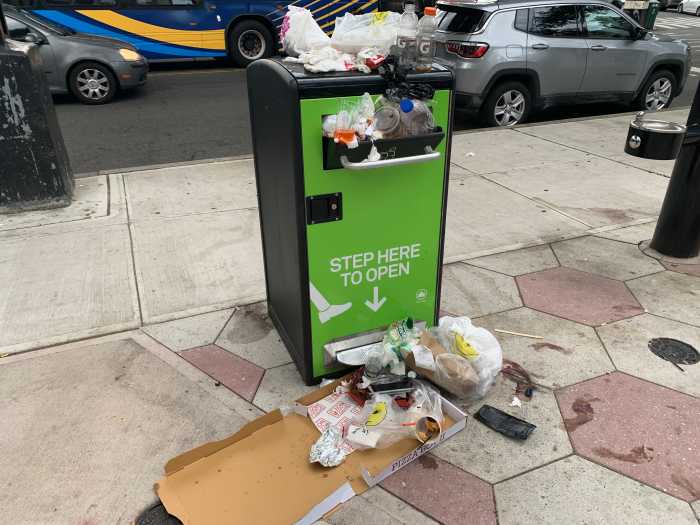GEORGETOWN, Guyana — Research and evidence are beginning to emerge that Switzerland, known more for its banking system that allows the world’s criminal rich to hide their billions in numbered accounts there, was involved in a relatively big way in the transatlantic slave trade and the umbrella organization that regional governments have established to win compensation for slavery will soon add it to its defendants list.
A recent video conference meeting involving representatives from 12 of the 15 national reparations commissions heard stunning evidence from a Swiss researcher who has in recent years been reviewing Switzerland’s role in the trade that brought hundreds of Africans to the Caribbean and the Americans in general to work on agricultural plantations without a cent in payment.
Dr. Hans Hassler argued that the region needs to know that while the northern European nation had actually not possessed any colonies in this part of the world, it nevertheless profited from the slave trade by being a leading supplier of major business services that had enabled the trade to thrive and prosper. Services included the production and sale of marine instruments, which helped with navigation of ships belonging to nations including Britain, France, The Netherlands, Portugal, Spain, Denmark. For this it should be held accountable today, he argued.
Worse yet, the research has unearthed clear evidence that that nation was a supplier of mercenary soldiers with the most glaring deployment of about 8,000 soldiers in 1772-1779 to fight, kill and severely torture both plantation and runaway slaves in the Americas. Battles up to 1779 killed hundreds of tribal Aluka resistance fighters.
Until recently, the Swiss were not publicly known for any major role in the slave. All that is through the window now. Dr. Hilary Beckles, the head of the umbrella Caribbean Reparations Commission (CRC) and principal of the University of the West Indies (UWI) was in Guyana for talks this week with the local national chapter and to participate in a lecture session on reparations and where the region is as it tries to get the attention of former slave trading nations.
“Dr. Hassler gave a very, very detailed presentation to us. We will approach them discreetly and see if we can start a conversation that would lead to a solution, find some kind of compromise. He thinks this is the way to go,” said Eric Phillips, the head of the Guyana reparations chapter and a leading light in the regional fight.
Demand notices from governments for payments and for a summit meeting with European leaders have long been sent to various capitals over a year now. Some countries have responded favorably, meaning they are willing to sit down and others have refused outright, while some are yet to respond.
Governments have already hired the British law firm of Leigh Day to fight its case. Leaders have already had sessions with attorneys from the firm. The advice is that the region has a case with overwhelming evidence to fight and win. The firm is known as a thorn in the side of multinational corporations around the world engaging in malpractice. But its work winning millions in reparations compensation for Kenyan tribesmen who were slaughtered by colonial era British soldiers, which attracted them to the region. The case could end up at the World Court in The Netherlands if Europe does not agree to play ball and begin serious talks about reparations officials have said.
Additionally, the commission reported on its most recent meeting that another interesting development was discussed at length at the conference. This one relates to a commitment from the University of Glasgow in Scotland to make Sterling 200 million to the region as reparations for its role in the transatlantic genocide.
The argument is that the university benefited and profited fromt he slave trade era money just like Barclays Bank and other British and European institutions. It appears that Glasgow prefers to move early and seal a numerical agreement than be forced to pay by court ruling or arbitration. This is as several other American universities including some in Boston, others like the University of Virginia, Harvard, Georgetown and Brown have all begun looking into how they benefited from the trade. Most received millions to either start up or to expand operations and are likely to be included on the list of defendants in the future.


























